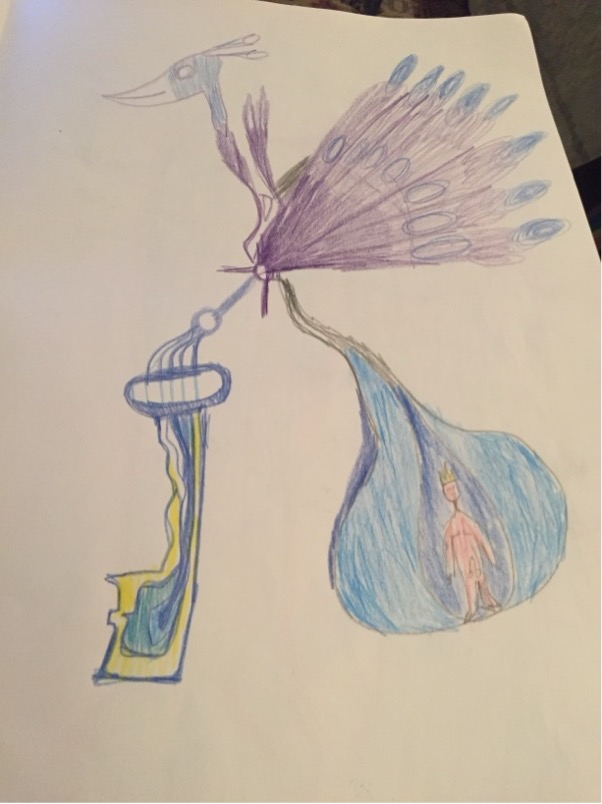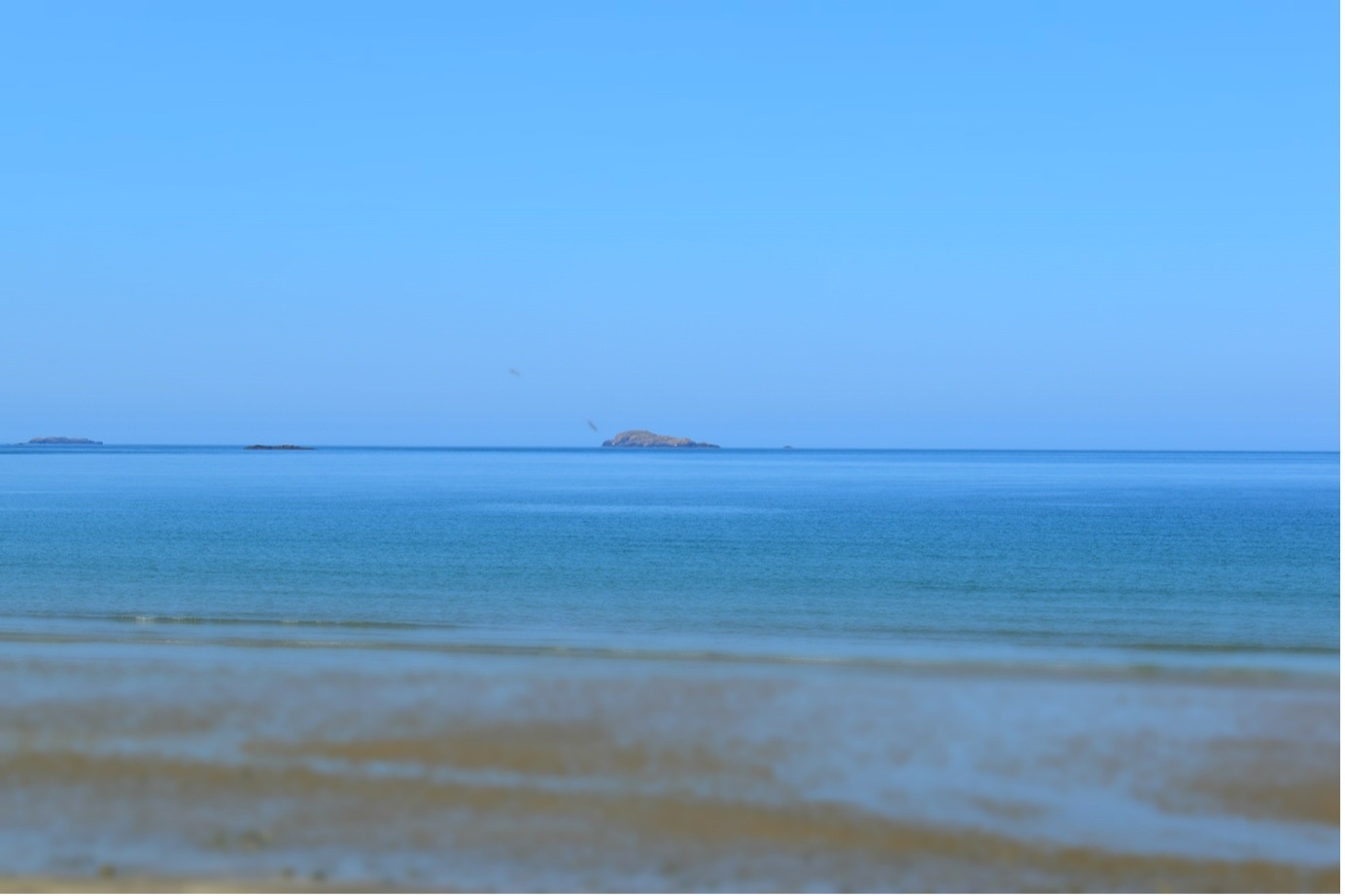A week ago, the Open University's "OpenLearn" website went live with a free short course called Climate Psychology: facing the climate crisis. It was inspired and written by two CPA members, Trudi Macagnino, a staff tutor at the OU and Wendy Hollway, a retired OU academic staff member. Here it is - as easy as clicking this link (open.edu). The first week opens in this way:
Read More
What has singing got to do with the climate and ecological crisis?
This is the question I have set myself in the writing of this digest. Writing it arose from a post I wrote for my newsletter “the Imaginal Ecologist” called “Sounds heard through an Imaginal Doorway: Ways to Deepen a song”.
Long ago, as a small child, the wind lifted me and toppled me to the ground when the strong rains came. It was my first experience of natural power.
Read More
In Hummingbird Salamander (2021), award-winning American author Jeff VanderMeer tells the story of a security analyst, Jane Smith, who suddenly decides to give up her job and risk her and her family’s lives for environmental causes. One day, she receives an envelope,
Read More
|
Eco-Integration is the name of the model I have been developing for the last couple of years. As the word ‘integration’ suggests, this model does not present itself as a “different” way to dealing with the climate crisis, but as a creative synthesis of different influences combined. It feeds mostly from the work of CPA pioneers like Sally Weintrobe, Paul Hoggett and Caroline Hickman, Ro Randall and Rebecca Nestor, to name a few. In parallel, it is also influenced by Joanna Macy’s The Work that Reconnects, yet, so far, with no open emphasis on spirituality. |






